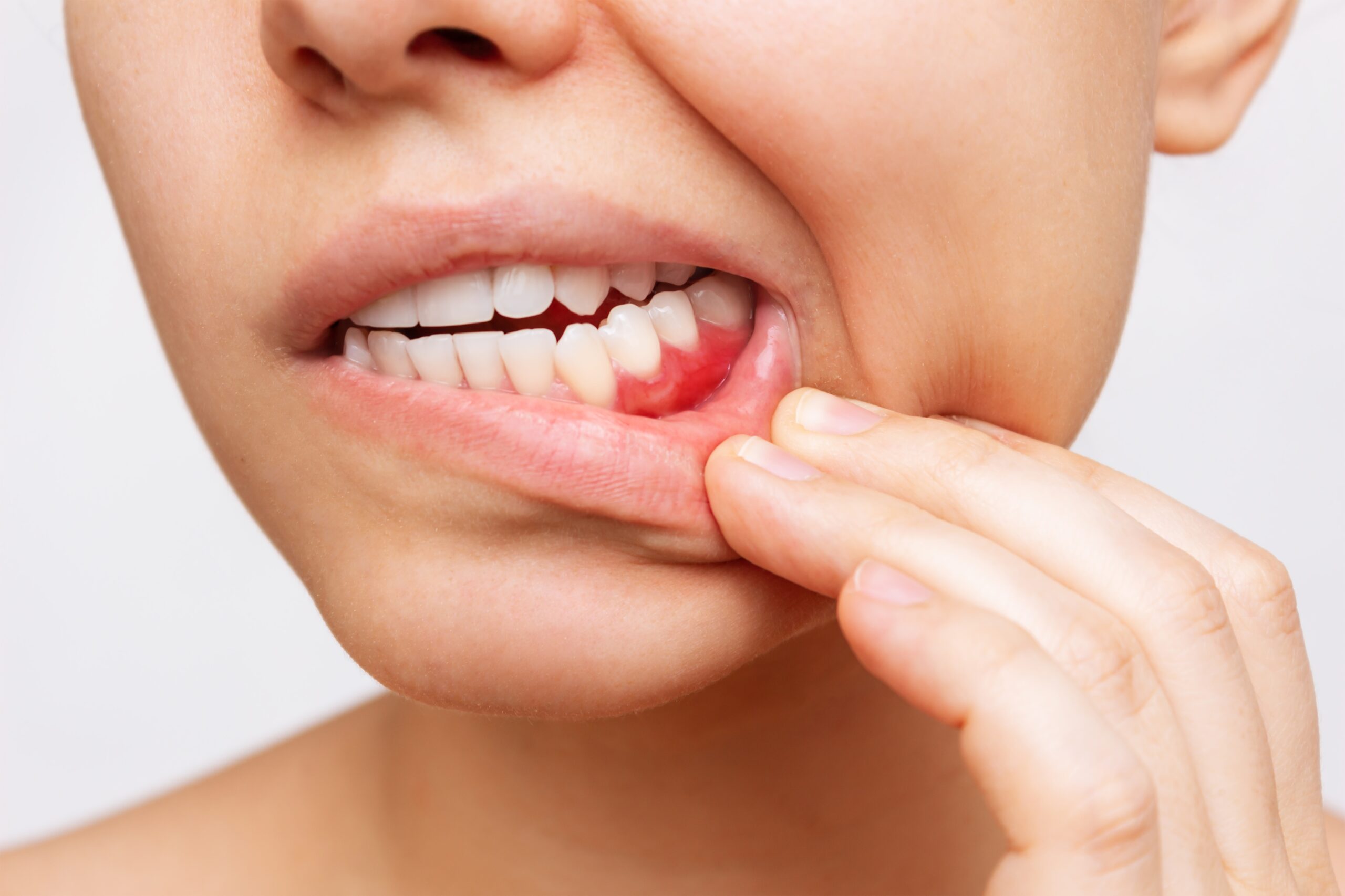How to Prevent Cavities: 8 Habits for a Healthier Smile
-
October 8, 2025
-
4 Minutes

Cavities can happen even when you’re careful about your oral care. That’s because bacteria in your mouth feed on sugars and release acids that wear down enamel over time. The good news? You can prevent cavities with the right daily habits.
With consistent daily habits and smart choices, you can limit the presence of cavity-causing bacteria in your mouth! Let’s walk through what causes cavities and how to prevent them.
What Are Cavities?
Cavities (also known as dental caries) are small holes that form when enamel breaks down. It all starts with plaque, a sticky film of bacteria that builds up on your teeth. If not removed, plaque turns into tartar and starts eroding your enamel.
Why Preventing Cavities Matters
Cavities don’t just cause toothaches. If they’re left untreated, they can lead to:
- Infections or abscesses
- Tooth loss
- Costly dental treatments like fillings, crowns, or root canals
Taking daily steps to prevent cavities helps keep your teeth healthy, your breath fresh, and your dental visits simple.
Daily Tips to Prevent Cavities
1. Brush Twice a Day (the Right Way)
Use a soft-bristled electric toothbrush with fluoride toothpaste. Brush gently for two full minutes, making sure to clean every surface—including the back teeth and along the gumline.
Replace the brush head every 3–4 months, or sooner if the bristles look worn or after you’ve been sick.
2. Floss Daily
Flossing is just as important as brushing. It removes plaque and food stuck between your teeth—places your toothbrush can’t reach. Skipping it gives bacteria a chance to grow and cause decay between teeth.
Using a Waterpik along with flossing can help clean even more effectively, especially around braces or hard-to-reach spots.
3. Use a Fluoride Mouthwash
Fluoride strengthens enamel and makes it harder for acid to do damage. A quick rinse after brushing or eating can give your mouth an extra boost of protection.
4. Limit Sugary and Acidic Foods
Sugar fuels the bacteria that cause cavities, while acids weaken enamel. Try to limit:
- Candy and desserts
- Sodas and sports drinks
- Citrus fruits and vinegar-based snacks
When you do have them rinse your mouth with water after eating or drinking, and wait at least 30 minutes before brushing.
5. Drink More Water
Water helps rinse away food and keeps your mouth from getting dry. A dry mouth has less saliva, which means less natural protection against cavities.
Tap water with fluoride offers even more support.
6. Chew Sugar-Free Gum
Chewing sugar-free gum (especially with xylitol) after meals stimulates saliva flow, which helps wash away bacteria and acids. It’s a simple way to support your teeth between meals.
7. Snack Smarter
Frequent snacking exposes your teeth to more acid attacks throughout the day. Try to:
- Eat fewer snacks between meals
- Choose tooth-friendly options like cheese, nuts, or veggies
- Avoid sticky or gummy snacks
8. Don’t Skip Dental Checkups
Even if everything feels fine, regular checkups help catch early signs of decay. Your dentist can also remove tartar and recommend ways to strengthen your at-home routine.
Aim for a cleaning every 6 months or more often if your dentist recommends it.
Extra Protection from Your Dentist
Your dentist may suggest preventive treatments, especially if you’re more prone to cavities:
- Fluoride treatments to protect and rebuild enamel
- Dental sealants to block bacteria from settling into the grooves of back teeth
- Personalized care plans based on your habits, diet, and health
These simple in-office steps can save you from more complicated (and costly) treatments later.
Preventing Cavities in Kids
Children are especially cavity-prone. Help them build healthy habits early to prevent cavities:
- Brush with fluoride toothpaste (use a pea-sized amount)
- Start flossing as soon as teeth touch
- Avoid sugary snacks and juice between meals
- Visit the dentist regularly for cleanings and sealants
- Set a great example by practicing good oral care yourself!
And don’t forget—kids learn by example, so let them see you practicing good oral hygiene too!
Small Habits, Big Impact
You don’t need to be perfect to prevent cavities. Just be consistent. Small steps like brushing well, drinking more water, and seeing your dentist regularly can go a long way in protecting your smile.


